Menu
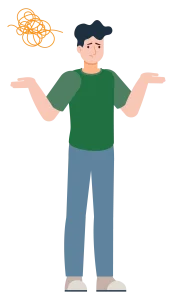
The science behind depression
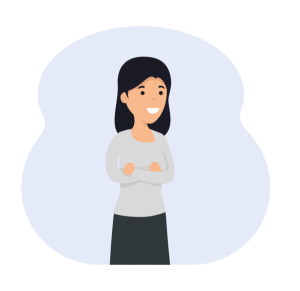
Jenny thinks she has ADD. Jenny can’t focus, her mind is constantly racing, throwing her off track. She has no patience to properly consider the consequences of her actions, and instead acts impulsive and often regrets it.
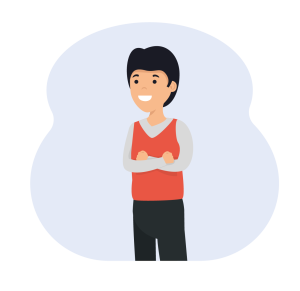
Mike
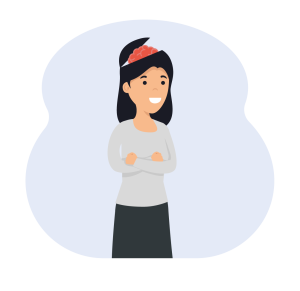
Jennys frontal lobes are hyperaroused. Jenny has too much beta activity in her frontal lobe. Beta is a busy brain wave. This keeps jennys frontal lobe overactive and won’t allow her to calm down and focus normally. Jenny needs to learn to calm down her frontal lobe.
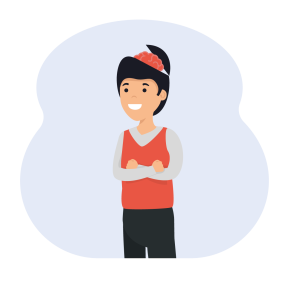
Mike
The science behind depression
NeuroClinic understands that every brain is unique and each brain needs a different type of session. At NeuroClinic, we assess and then develop a personalized plan for Mike to teach him how to stimulate his brain, and a different plan for Jenny, teaching her how to slow down and pay attention. We also develop custom plans for Dora, Tony, Alex and we are excited to make one for you.
Neurofeedback therapy is where you learn how to create healthier brain patterns.
Click here to book your at-home assessment or try a free consultation first.
Quick Links
28 Carlton Road, Monsey, NY 10952
+929 582 3135